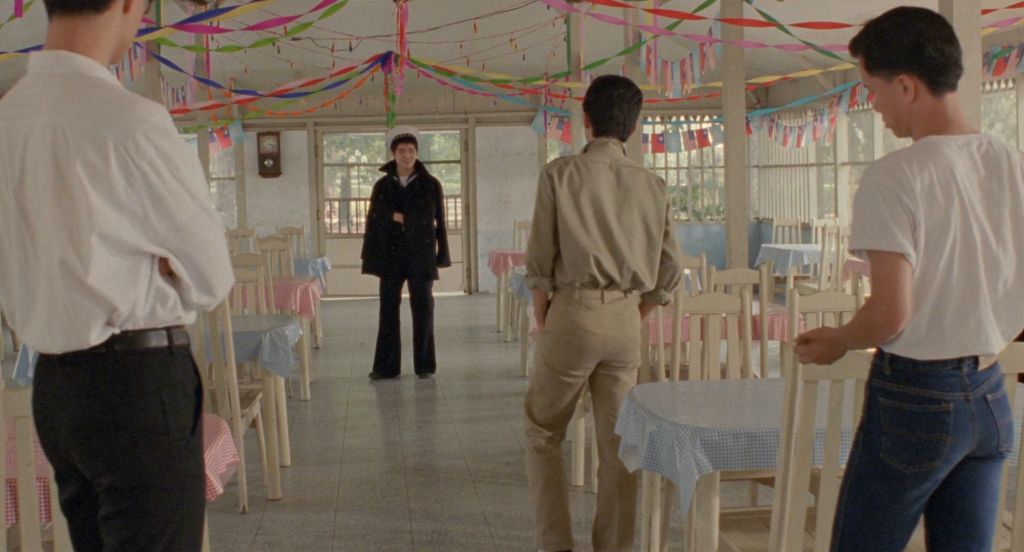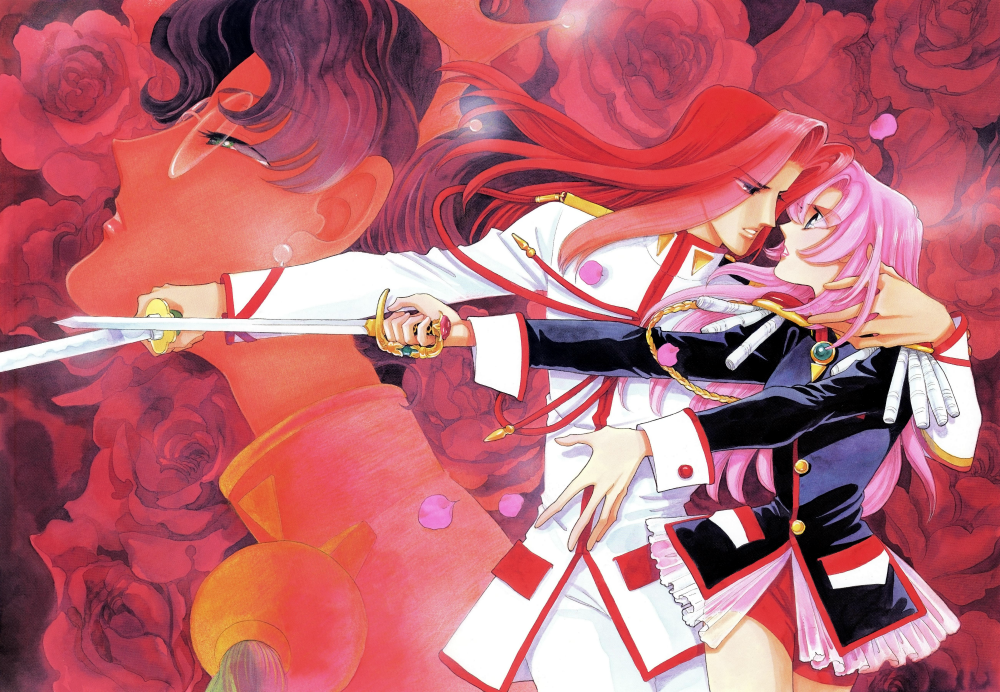It’s 5 PM on a work day. I was doing everything in my power to ignore the work that I had to do. One of my attempts led me to finding a small YouTube channel, where a man ranked The Sight and Sound Greatest Films of All Time 2022 list. I initially found it refreshing that the content creator is well versed in these movies. He’s watched them all, which is more than I can say for myself. Additionally, it didn’t feel like I was getting the stereotypical straight male opinion, which I am thoroughly tired of. I felt like I’d found a new channel to keep tabs on.
But then, he ranked 2019’s Parasite low. He likened the material critique in it to what college students would come up with, while also revealing that he was a college student not too long ago. Now, I won’t get overly defensive for Parasite. It wasn’t even my favorite film of 2019 (shoutouts to both The Lighthouse and Portrait of a Lady on Fire.) But, something about his critique felt off. I couldn’t pin it down. So I kept on watching. He clearly took issue to the newer film entries (especially Portrait of a Lady on Fire,) but I could’ve swallowed that as some advocacy to allow films to age before we put them on a pedestal. And then it happened.
He jammed A Brighter Summer Day in the lowest tier. Earlier, he had ranked Yi Yi in the highest tier, but now he put Yang’s other film lower. He described the movie as if it were this plot-driven film about child gangs, and how he values film more on their mind-expanding experience rather than dense narratives. He brushed aside the cultural and historical aspects of the film by saying he doesn’t really know Taiwan. And just like that, it all clicked in my head. These are views informed by incredibly narrow lenses.

I understand that criticism and opinions are subjective, but what goes into that subjectivity is sometimes important to break down. It reveals so much about the critic. It exposes what they value and what their limits are. Sometimes, those limits can be extremely detrimental towards art. They could miss out on what can make an artwork shine, and lead their audiences to the same fate. Instead of ragging on this content creator, I’ll use myself as an example for this.
I’m formally trained in creative writing. I studied a lot of theory and read a decent amount of literature (I’m still terribly underread compared to my peers.) One thing that happened early on in my writing journey was that I latched onto American New Criticism and Russian Formalism. Admittedly, my upbringing sheltered me from having established belief systems. At my most malleable state, I found concepts like close reading to be desirable. I wanted to look at art objectively because there wasn’t anything profoundly subjective in me. When I assessed art works, it was under this narrow framework. This isn’t necessarily a horrible thing, but it lead to some grossly narrow outlooks.
The worst offender was my initial reaction to the anime Revolutionary Girl Utena. This was the second Ikuhara work I’d tried up to that point (the first being Mawaru Penguindrum.) At the time, I really liked Penguindrum, but I hadn’t truly understood it for similar reasons. However, those reasons poisoned my opinion of Revolutionary Girl Utena. For the most part, I got its themes, its character progression, and even some of the symbolism, but I greatly penalized the show for the Black Rose Saga. It felt like a long-winded detour that only bloated the show. In my eyes, the arc did not add value to the structure of the anime. At worst, I thought you could remove the Black Rose Saga and not lose anything. For that, my initial impression of Revolutionary Girl Utena was lukewarm.
This was blindness. This was intentionally hampering my ability to see a work for what it is. And it was called out by friends. In a way, they said I’d missed the forest for the trees. I had devalued Revolutionary Girl Utena by holding it to an inflexible standard that did little to speak to the anime’s strength. Nothing about structure would convince someone about how impactful and emotionally resonant Revolutionary Girl Utena is. Perhaps in shows like The Tatami Galaxy or Baccano!, an analysis of its structure can show how thoughtful and precise these anime can be. However, that isn’t always the case and it shouldn’t be.
To really be able to evolve as a viewer of anime and a lover of the arts, I had to reexamine my standards and broaden who I was as a person. I could no longer discount context or outside philosophies from my appreciation of a show. These elements could only improve the depth of my understanding, rather than cheapen it. When I let go of my notion of the Black Rose Saga as needless weight, I was able to see how much if fleshed out the characters and the themes and gave the anime much needed heft. It changed the mood and perfectly segued to the last third of the show. It didn’t matter that the central conflict in the Black Rose Saga was somewhat separate from the conflict with Akio. It expanded on the story in terms of the setting, the overarching lore, the supporting cast, and served as a prelude for things to come.
As I alluded to earlier, this change in mentality has improved my view of many other shows, even once I already liked. Being able to accept and integrate context has transformed my perspective on Mawaru Penguidrum (specifically all the aspects regarding the Aum Shinrikyo and the Sarin Gas Attack) and Nausicaä of the Valley of the Wind’s manga (learning about Miyazaki’s changing beliefs and his disposition towards the manga enhances things for me.) Funny enough, I held a similar opinion about Legend of the Galactic Heroes as I did Revolutionary Girl Utena. I thought the last season of the show was unnecessary. By being able to see beyond the box I was in, I was able to fall in love with the powerful character drama regarding Reuenthal and Oberstein.

I’m not trying to imply that my view on art is now perfect. It’s a lot less about being right and more about trying to be open to different perspectives. Not to imply that every work has to be given a gold star—many works can still suck or be average—but it’s just as important for viewers to look inward and assess why something isn’t clicking with them and if that is a limitation that should be addressed.
A Brighter Summer Day is not a film set in Taiwan, the film is Taiwan. It’s the changing landscape of Taiwan after the expulsion of the Kuomintang. It’s about the changing morals of Taiwan. It’s about the young and the old living in Taiwan. There can be no deeper appreciation for the film if we’re to reject this. Do you have to pick up a book and learn about a place just to like a film? Fuck no. But expanding what you know and how you view things can go a long way.